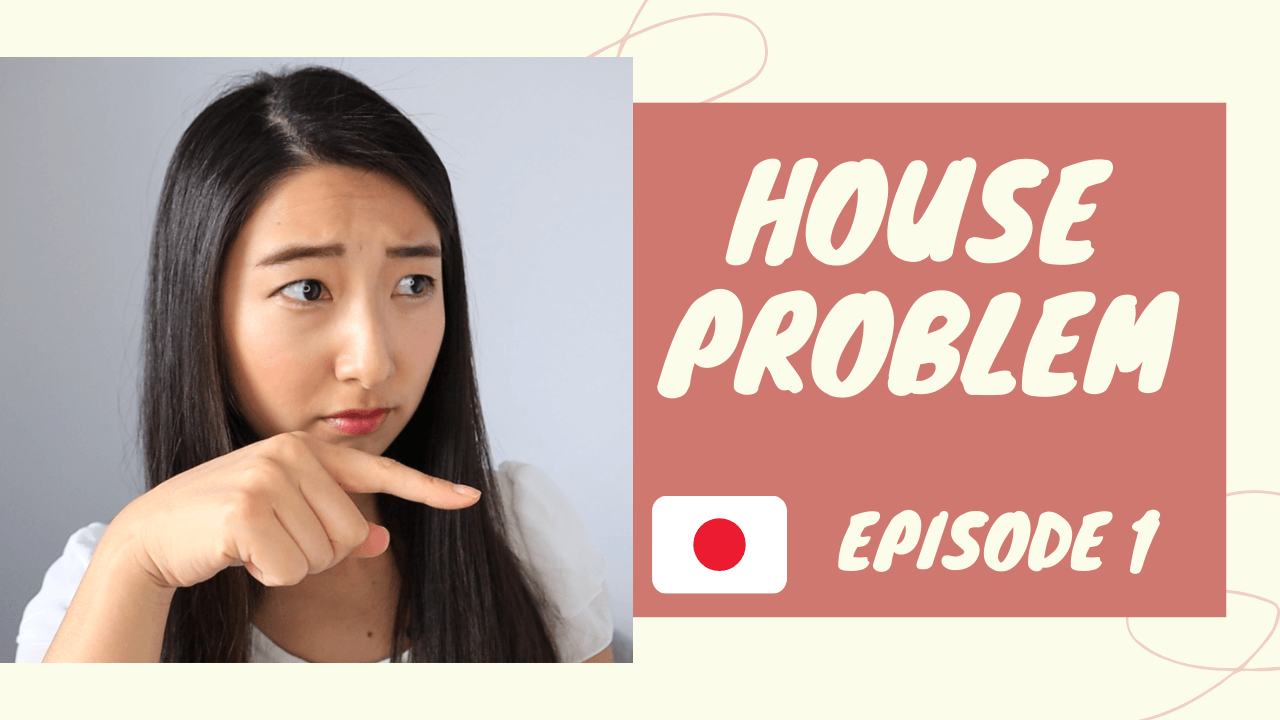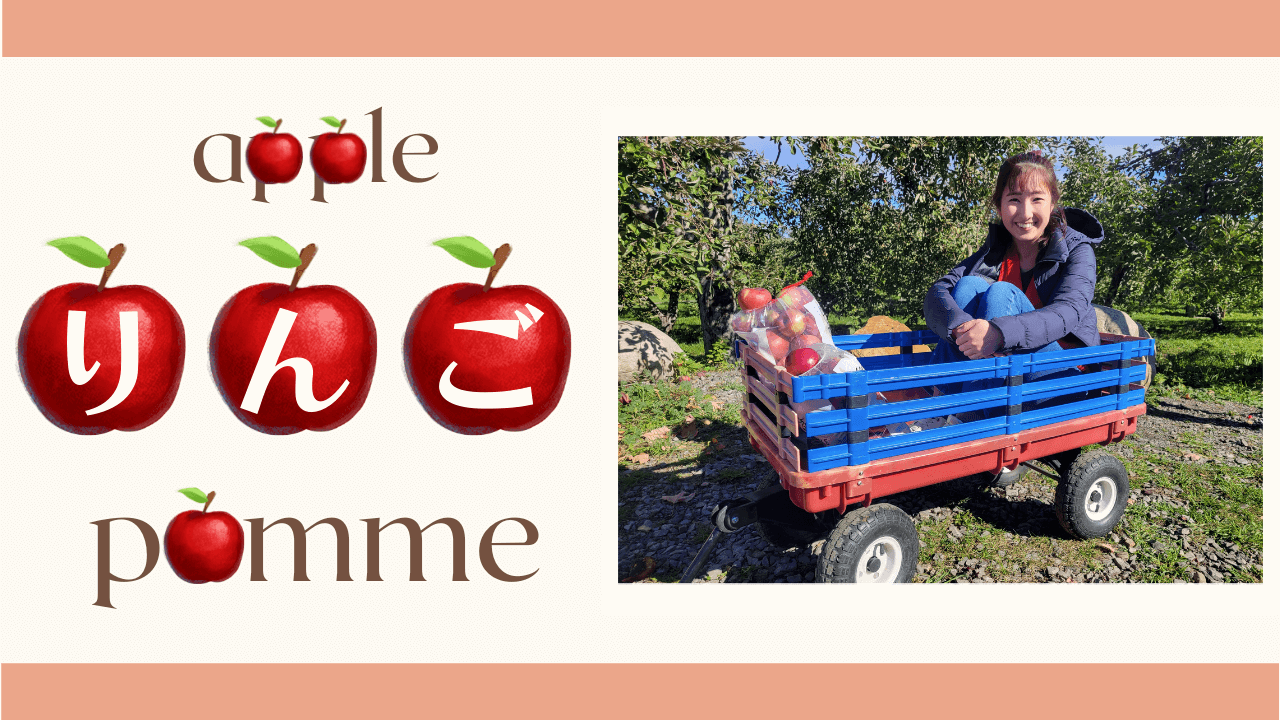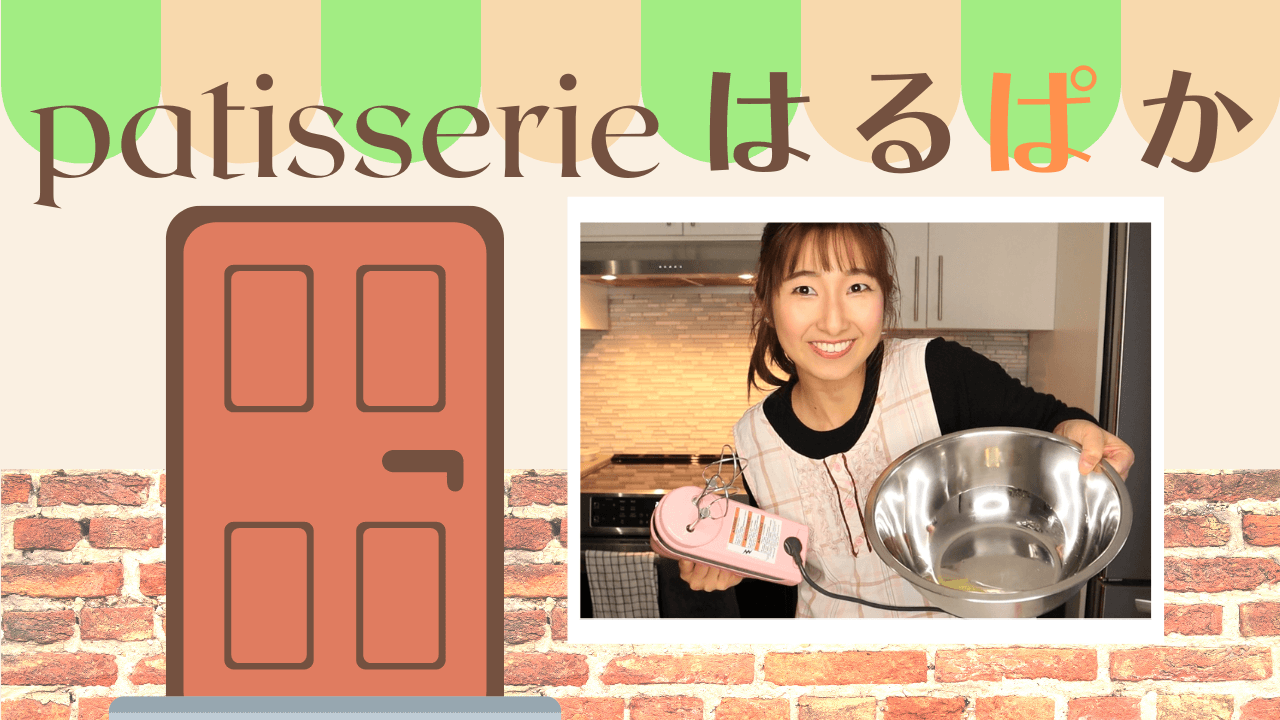みなさん、こんにちは!あたらしい「[Basic Japanese] existence verbs – To be / To have / There is | ある aru / いる iru」の動画(どうが:Movie)を、アップしましたので、見てみてくださいね!
Hello everyone! I posted a new video about ‘[Basic Japanese] existence verbs – To be / To have / There is | ある aru / いる iru’ on YouTube. Please check it out! In the video, I said I will write a summary with detail… I dug my own grave by saying with DETAIL because I have already made a video simply and easily understanding (I hope…).
You are one more step closer to talk like native speakers!
*Both いる and ある cannot be used in the “te form + いる” form.
☆Formula of the Sentence
Place に、Person/Object が、ある/いる。
いる(Ru verb)
Present Affirmative
**
First sentence : Casual as in the video
Second sentence : Polite form
**
・きょうだいが、いる。
・きょうだいが、います。
I have siblings.
She/he has siblings.
They have siblings.
The brothers are (here/there).
The word きょうだい in the video is written in Hiragana. Basic kanji for きょうだい is 兄弟. However, we can also write as 兄妹・兄弟・姉弟 and even 姉妹 (Basically, we read this Kanji as しまい(Shi ma i) which means sisters.) depends on family members.
| Boy | Girl | |
| Older (formal) | 兄(あに・a nï) | 姉(あね・a né) |
| Older (casual) | お兄(にい)ちゃん (o nï ï cha n) | お姉(ねえ)ちゃん (o né é cha n) |
| Younger | 弟(おとうと・o to u to) | 妹(いもうと・Ï mo u to) |
If you want to learn when exactly you use those words and words related to your family, I will make another video. Please hold on! Therefore, I am explaining only the meaning of those Kanji here.
・にほんに、かぞくが、いる。
・にほんに、かぞくが、います。
I have family in Japan.
She/he has family in Japan.
They have family in Japan.
You can replace にほん to other country, city and place, and かぞく to other people and/or living creatures.
Also, you can change the word order as below;
・かぞくが、にほんに、いる。
・かぞくが、にほんに、います。
Thanks to particles, Japanese word order in a sentence is quite flexible comparing to English and French. (I only know English and French. That is why I am comparing to them.) This applies not only this sentence, but also other Japanese sentences.
The only important rule which you have to follow is you need to finish the sentence with a verb.
・ペットが、いる。
・ペットが、います。
In Japanese, whether singular or plural are not that important. And also, this sentence is very abstract. Because place is not mentioned, who’s pet is not mentioned as well. Therefore, if we only hear this sentence, we can imagine those situations and sentences as;
I have a pet / pets.
She/he has a pet / pets.
They have a pet / pets.
A pet is (here/there).
Pets are (here/there).
・こどもが、いる。
・こどもが、います。
This sentence is very abstract. Because place is not mentioned, who’s child(ren) is also not mentioned. Therefore, if we only hear this sentence, we can imagine those situations and sentences as;
I have a child / children.
She/he has a child(ren).
They have a child(ren).
A child is (here/there).
Children are (here/there).
・家(いえ・うち)に、いる。
・家(いえ・うち)に、います。
I am at home.
She/he is in my house.
They are in my house.
She/he is in his home.
They are in their home.
This sentence is also abstract if it is only with the sentence. But in daily life, we can understand from the situation, who you are talking with, and what you are talking about. It does not bother us!
– Negative form 【否定形・ひていけい】
・きょうだいが、いない。
・きょうだいが、いません。
I don’t have siblings.
She/he doesn’t have siblings.
They don’t have siblings.
The brothers are not (here/there).
・両親(りょうしん)が、カナダに、いない。
・両親が、カナダに、いません。
My parents are not in Canada.
Her/his parents aren’t in Canada.
Their parents aren’t in Canada.
・家(うち)に、ペットが、いない。
・家(うち)に、ペットが、いません。
I don’t have a pet.
★She/he doesn’t have a pet.
★They don’t have a pet.
My pet isn’t at home.
My pets aren’t at home.
★家(うち) generally means “My home (and my household)”, but it can be used as somebody’s house, too. However, if you want to mean Third person(she, he and they), you better mention it as
・ 彼女(かのじょ)のうち:Her home
・彼(かれ)のうち:His home
・彼ら・彼女らのうち:Their home
・家(うち)に、子どもが、いない。
・家(うち)に、子どもが、いません。
I/We don’t have a child.
★She/he doesn’t have a child.
★They don’t have a child.
My child isn’t at home.
My children aren’t at home.
★家(うち) generally means “My home (and my household)”, but it can be used as somebody’s house, too. However, if you want to mean Third person(she, he and they), you better mention it as
・ 彼女(かのじょ)のうち:Her home
・彼(かれ)のうち:His home
・彼ら・彼女らのうち:Their home
・家(いえ・うち)に、いない。
・家(いえ・うち)に、いません。
I am not at home.
She/he is not in my house.
They are not in my house.
She/he is not in his home.
They are not in their home.
This sentence is abstract if it is only with the sentence. But in daily life, we can understand from the situation, who you are talking with, and what you are talking about. It does not bother us!
ある(U verb)
Present Affirmative 【肯定形・こうていけい】
・部屋(へや)に、ベッドがある。
・部屋(へや)に、ベッドがあります。
I have a bed in my room.
There is a bed in my room.
There is a bed here/there/over there.
When I lived in Japan, I had always been using Futon instead of a bed. Because Japanese houses are smaller that means rooms are smaller comparing to Canadian, the U.S. average house. Futon can be fold easily so after woke up, we can fold and out it away so that we can use the room!
And my mother said she was afraid of falling from bed during her sleeping. (Just an excuse, though. When I was small, I dreamed to sleep on a bed, not futon. So right now, one of my childhood dream came true!)
・壁(かべ)に、絵(え)がある。
・壁(かべ)に、絵(え)があります。
I have a painting on my wall.
There is a painting on the wall.
There is a painting here/there/over there.
絵(え) is drawing, paintings, pictures. *Not photo!
・そこに、電気(でんき)がある。
・そこに、電気(でんき)があります。
There is a light there.
I have a light there.
電気(でんき) means electricity and electrical light.
・(うちに)お米(こめ)がある。
・(うちに)お米(こめ)があります。
I have rice in my house.
I have a stock of rice.
The shop has rice (as a commodity).
お米(こめ) means rice before being cooked.
ごはん means also rice but especially after being cooked.
・醤油(しょうゆ)がある。
・醤油があります。
I have soy sauce in my house.
I have a stock of soy sauce.
The shop has soy sauce (as a commodity).
・庭(にわ)に、木(き)がある。
・庭に、木があります。
There is(/are) a tree(s) in my backyard/garden.
・家(いえ)の前(まえ)に、車(くるま)がある。
・家の前に、車があります。
There is a car in front of the house.
– Negative form 【否定形・ひていけい】
・家に、ふとんがない。
・うちに、ふとんがありません。
I don’t have a futon in my house.
・天井(てんじょう)に、電気(でんき)がない。
・天井に電気がありません。
There is no electric light on the ceiling.
・壁(かべ)に、写真(しゃしん)がない。
・壁に、写真がありません。
There is no photo on the wall.
・お米(こめ)がない!
・お米がありません。
There is no rice (at home).
There is no stock of rice.
The shop does not have rice.
Plush Toys ぬいぐるみ
We can use both ある and いる. It is up to you!
☆Formula for Events
Place で、Event が、ある。
・モントリオールで、お祭(まつ)りがある。
・モントリオールで、お祭りがあります。
There is a festival in Montreal.
・名古屋港で、花火(はなび)大会(たいかい)が、あります。
・名古屋港で、花火(はなび)大会(たいかい)が、あります。
There is a fireworks festival in Nagoya port.
・東京(とうきょう)ドームで、コンサートがある。
・東京ドームで、コンサートがあります。
There is a concert in Tokyo Dome.
Talk with me in Japanese!
I am a Japanese conversational tutor on italki. If you would like to practice your conversation in Japanese with me, you can book a lesson from the link below!
https://teach.italki.com/teacher/6889429
If you like my articles and videos, and would like to support me, you can buy me a coffee here: https://ko-fi.com/speakjapanesewithha…
★I no longer accept new students on the Preply, but there are plenty of great Japanese teachers and tutors there as well. If you prefer Preply with other tutors, please visit the link below. You can receive 30% off your first lesson on Preply through the link! 🙂 ↓↓ https://preply.com/en/tutor/215001/#_…
To apply 30% off on your first lesson on Preply, please click the “View Japanese Language Tutors” button to look for a teacher. You can also look for other languages at the same time. Enjoy learning languages! 🙂 xx
Thank you for stopping by. I hope you will have wonderful language learning journey with me! Have a great day ahead!



